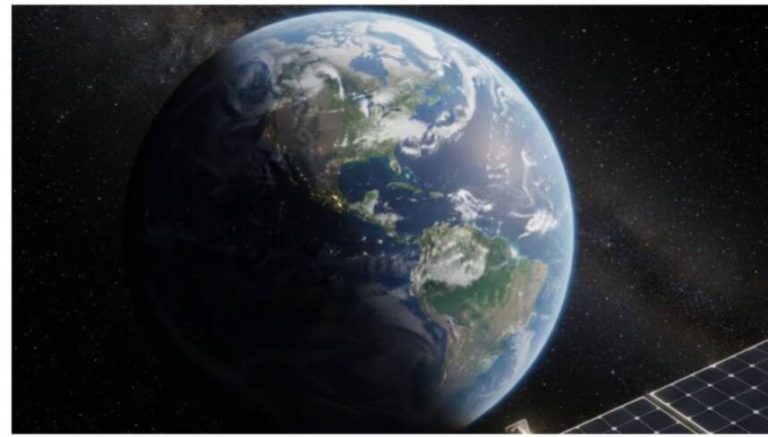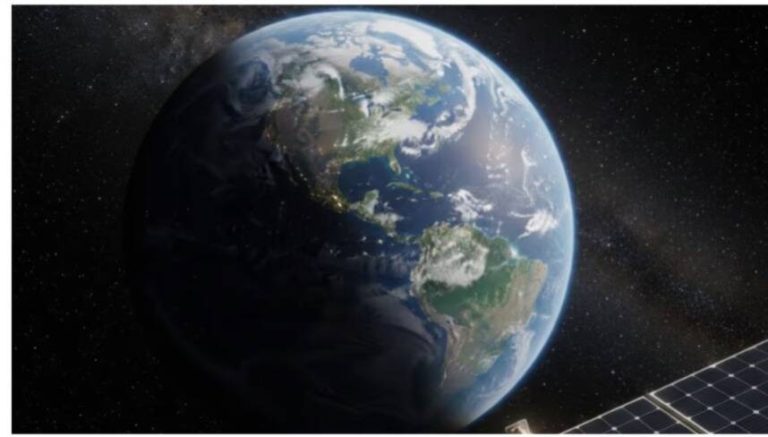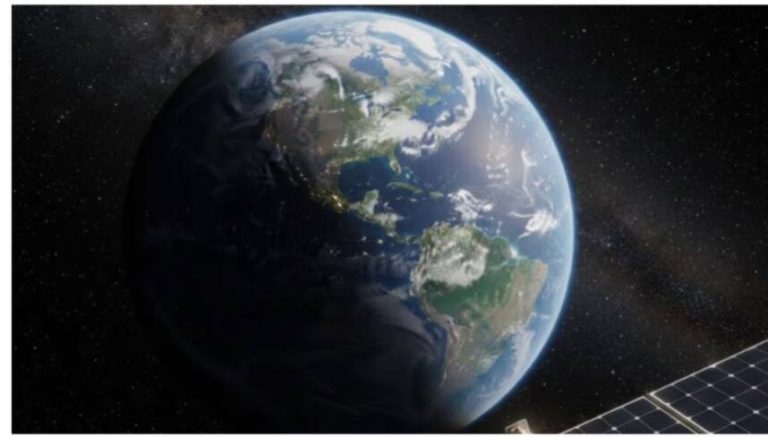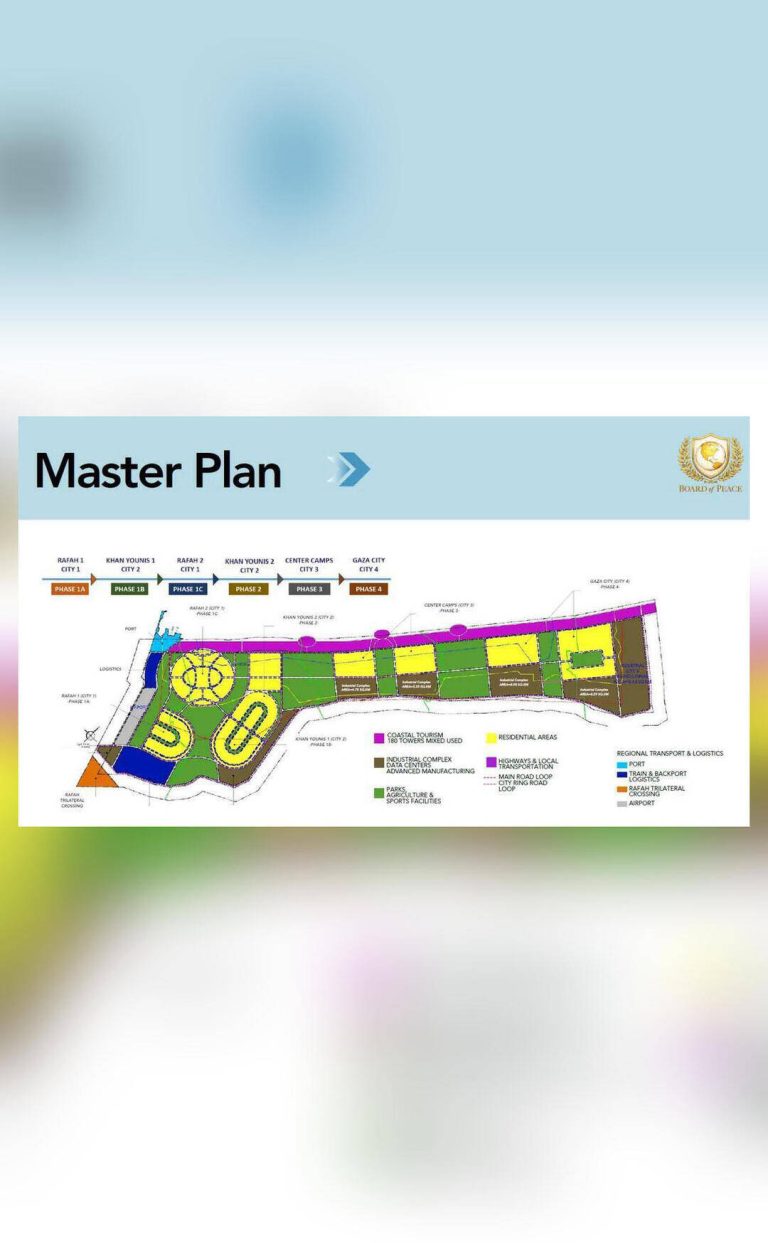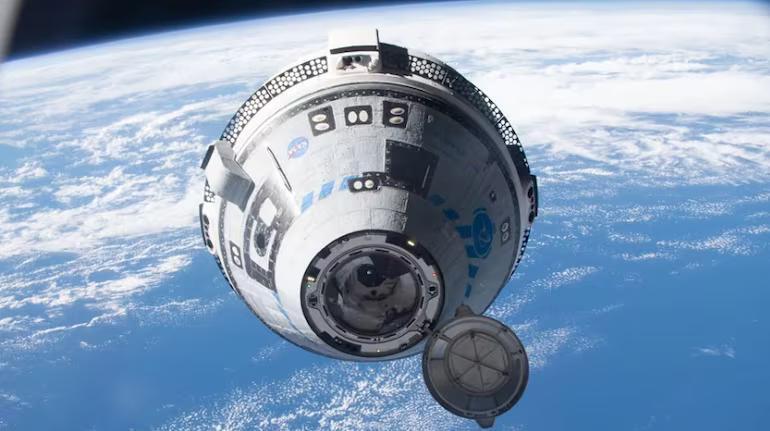
NASA, Boeing delay their next Starliner mission in April 2026
The space industry has been abuzz with excitement and anticipation for the next Starliner mission, a collaborative effort between NASA and Boeing. However, in a recent development, the two space giants have announced a delay in the mission, which is now scheduled to take place in April 2026. The uncrewed cargo-only mission aims to deliver crucial cargo to the International Space Station (ISS), but unresolved technical issues have forced the postponement.
The Starliner spacecraft, designed and manufactured by Boeing, has been undergoing rigorous testing and development to ensure its safety and reliability. Despite significant progress, the spacecraft still requires critical safety upgrades, which cannot be completed within the original timeline. The delay will provide engineers with the necessary time to address these issues, guaranteeing the success and safety of future crewed flights.
The decision to delay the mission was not taken lightly, as it will impact the overall schedule of ISS cargo deliveries. However, both NASA and Boeing have emphasized that safety remains their top priority, and they will not compromise on the certification requirements for crewed flights. The delay window will be utilized to complete the outstanding technical work, ensuring that the Starliner meets the stringent safety standards set by NASA.
The Starliner spacecraft is designed to carry both crew and cargo to the ISS, providing a vital transportation service for NASA and its international partners. The spacecraft’s development has been a complex and challenging process, with several setbacks and delays along the way. However, the lessons learned from these experiences have contributed to the development of a safer and more reliable spacecraft.
The upcoming mission, scheduled for April 2026, will be an uncrewed cargo-only flight, aimed at delivering essential supplies to the ISS. The cargo will include food, water, and other vital resources necessary for the astronauts living and working on the space station. The mission will also provide an opportunity for the Starliner spacecraft to demonstrate its capabilities and test its systems in a real-world environment.
The delay in the Starliner mission has significant implications for the space industry, as it highlights the importance of prioritizing safety and reliability in space exploration. The development of new spacecraft and technologies is a complex and challenging process, requiring meticulous testing and validation to ensure their safety and effectiveness.
In recent years, NASA has been working closely with private companies like Boeing and SpaceX to develop new spacecraft and launch systems. These partnerships have enabled the agency to leverage the expertise and resources of the private sector, accelerating the development of new technologies and reducing costs.
The Starliner spacecraft is one of two crew vehicles being developed in partnership with NASA, the other being SpaceX’s Crew Dragon. Both spacecraft have been designed to carry astronauts to and from the ISS, providing a safe and reliable transportation service for NASA and its international partners.
The delay in the Starliner mission has also raised questions about the future of crewed flights, which are currently scheduled to resume later this year. However, NASA and Boeing have emphasized that crewed flights will only resume once all certification requirements are met, and testing is fully cleared. This approach ensures that the safety of astronauts is never compromised, and that the risk of accidents or failures is minimized.
In conclusion, the delay in the Starliner mission is a prudent decision, prioritizing safety and reliability over schedule and budget constraints. The extra time will enable engineers to complete critical safety upgrades, ensuring that the spacecraft meets the stringent safety standards set by NASA. As the space industry continues to evolve and grow, it is essential to prioritize safety and reliability, guaranteeing the success and sustainability of space exploration.
The delay in the Starliner mission is a reminder that space exploration is a complex and challenging endeavor, requiring careful planning, rigorous testing, and meticulous attention to detail. As we look to the future of space travel, it is essential to prioritize safety and reliability, ensuring that astronauts and spacecraft can operate safely and effectively in the harsh environment of space.
For more information on the delayed Starliner mission, please visit: https://www.moneycontrol.com/science/nasa-and-boeing-delayed-their-next-starliner-mission-in-april-2026-article-13695529.html/amp
